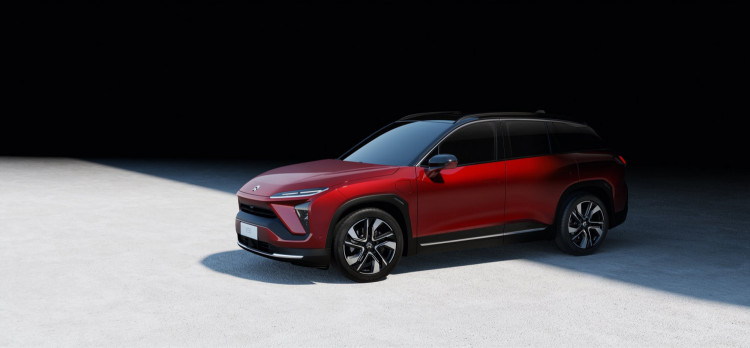Nio and Xpeng remained to be the companies that have secured strategic positions in China's burgeoning electric car market with their respective announcement of new passenger vehicles in the recent weeks.
Nio, which already enjoys a $7.9 billion valuation after its debut in New York, said it will launch its second line of SUVs, the ES6, beginning June 2019. The car company said the vehicles will be initially priced at $51,883, 400,000 cheaper than the price of similar Tesla models, CNBC noted. Tesla is set to become Nio's competition in the market as the U.S. brand is targeting to start production in its Gigafactory 3 in Shanghai also by next year.
Meanwhile, Guangzhou-based Xpeng also announced that its G3 units will be priced lower at about $33,000.
The Chinese government has spent significantly in developing its electric car market, providing funds for various car startups in the industry within the last few years. Nio and Xpeng, however, have been outperforming their local counterparts in terms of product developments, generating additional funding and innovation.
Indeed, China's tech giant, Tencent, is one among the many investors behind Nio while its biggest competitor, Alibaba, has invested in Xpeng.
In total, venture capitalists have brought in $6.7 billion into different Chinese electric car companies according to CNBC, citing data from Pitchbook. Investments in the industry in 2017 reached $4.8 billion while 2016 saw as much as $2.4 billion in funding.
Electric car companies have been aggressively seeking strategic placements in the Chinese electric car market as the country remains to be the world's largest market for technology. This year, one million electric cars have already been sold in the country. This figure is expected to bloat in the coming years as the country has set an ambitious goal of having 5 million electric vehicles running by 2020.
The goal was aimed at reducing car emissions which proved to be harmful to the environment. As China pursues this ambition, the country has naturally spurred the demand and supply for green cars.
Also feeding the demand and supply for electric cars is a policy to be implemented next year. China is set to start punishing carmakers that will produce less environment-friendly car models, a move which analysts say will result in other countries implementing similar car regulations.
International Council on Clean Transportation told Bloomberg that China's new electric car policy will speed up the transition to a zero-emission fleet on a worldwide scale, a scenario that will undoubtedly be advanced the fight against climate change.






